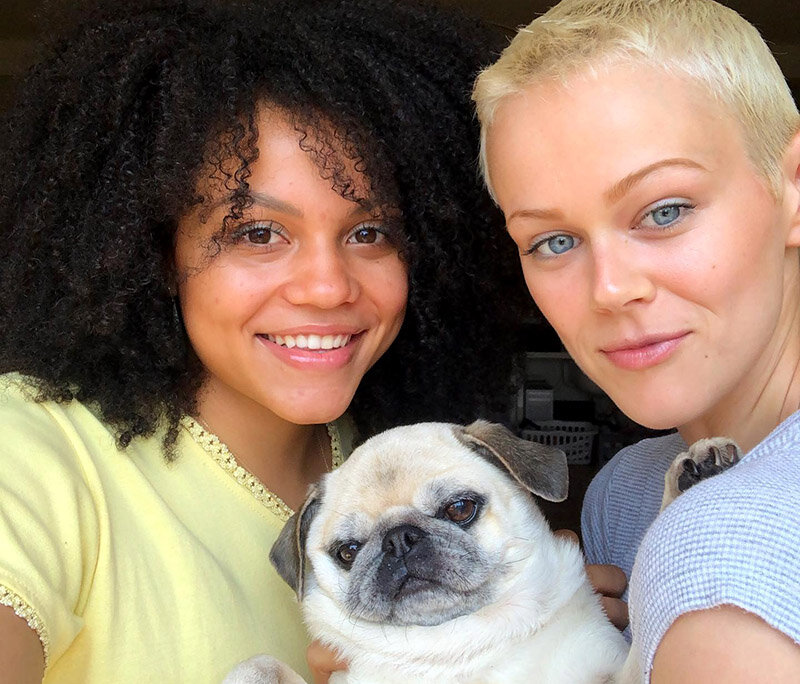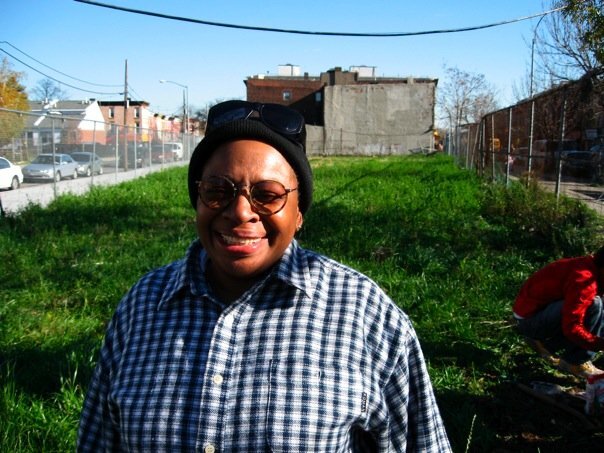Kelly Simond grows the bitter melon, callaloo, eggplants, and so much more that we sell at the farm stand on Saturdays.
Kelly Simond is one of the farm stand founders. He immigrated to this country as a young man from Grenada, and worked in security for 30 years before retiring.
You grew up on a farm in Grenada. What was that like?
I grew up with my dad, and that’s how we made a living—by working the land. Planting crops to sell: banana, nutmeg, cacao. Things like that. We would grow on a big scale. That’s how we lived. I see my dad. He had a green thumb. I was always there with him. Transplanting other plants. Grafting other plants.
What do you mean by ‘big scale?’
I mean in terms of exporting it. We would harvest our crops and load it up in a truck and take it down to the city, where the boat is waiting there to collect it.
And were most of your neighbors living the same way?
Yes. Some grew on a small scale, to sell in the market on Saturday. Those that grew on a big scale had to go far up in the mountain area.
In the U.S., there’s a lot of concern about the disappearance of small family farms. Black-owned farms have disappeared at an even faster rate. But you have that direct experience of growing up within a Black farming community. What kind of influences did that have on you that’s different from a child growing up today in New York City?
Well, it was a part of surviving. Part of what we had to do. We did not have a choice. That’s my experience being a farmer in my country. In the United States for me, it is a privilege that I get the opportunity to grow food and provide food for my community. But at home, everyone had their own land. But here, not everyone has a garden.
It was like going to school. Getting an education. It was something that I learned to do and was able to do on my own. So it gave me self confidence. And I think it helped me to appreciate nature. I was in nature all my life growing up. It was a lot of rain. A lot of sun. Storms. Hurricanes. I saw how things grow. How a plant starts from a seed or a branch.
In 2017, Marcia Denson, a fellow garden member, approached you about starting a farm stand and you agreed. Why did you think that was a good idea?
Because we are providing food for the community that’s badly needed. That’s what I’m about most. I feel privileged to do that. We have customers that come and look for me because of certain crops or vegetables that I’m more familiar with from the Caribbean. Every year I look forward to planting certain vegetables because I know there are customers from the community who will come in and ask just for that vegetable.
And now we have the Food Box program that I’m a part of also. Again, it’s providing healthy food for the community. The feedback that I get is always positive. It makes me feel that I’m doing something useful. Because I’m retired, otherwise I might be sitting at home, not doing nothing. Being part of this garden, the workshops we go to, the people I meet—I love it.




